People who own parrots and other pet birds must be careful regarding the types of plants they allow in their homes, as many common houseplants are highly toxic to birds. Toxicity primarily depends on the plant variety, the size of the bird, and how much the bird ate. Gastrointestinal upset is a common sign that your bird ate something toxic is, and a poisoning can easily turn fatal.
If you think your bird ingested something toxic, call your veterinarian or a poison helpline immediately. Of course, prevention is key. Learn to recognize toxic plants, so your bird can stay safe.
- 01 of 10
Amaryllis
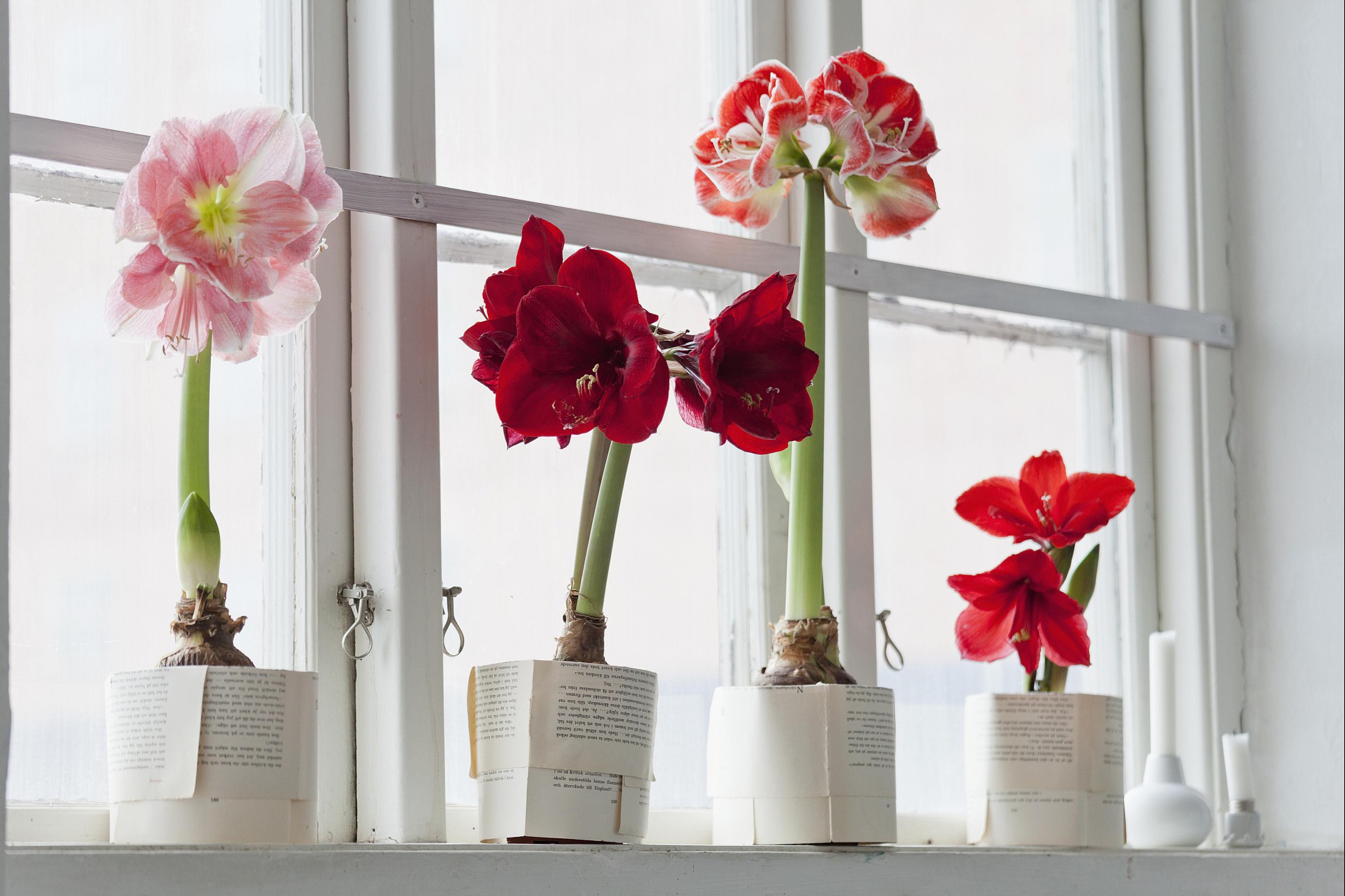
Johner Images / Getty Images
Growing amaryllis from bulb to flower can be a fun indoor gardening experience, but it will put your pet bird at risk. The plant, including the bulb, is toxic to birds and other pets. Ingesting it can result in vomiting, diarrhea, anorexia, excessive salivation and more.
02 of 10Daffodil

honey_and_milk / Getty Images
Daffodils are popular, cheery spring flowers, but they can spell trouble for pet birds. These flowers contain the chemical lycorine, which can be highly toxic or even deadly depending on the amount ingested. It can cause severe gastrointestinal issues and seizures in birds and other animals.
03 of 10Holly
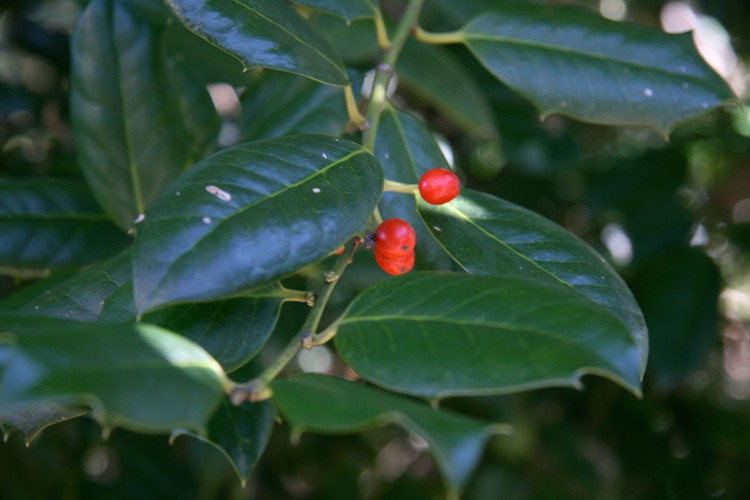
John Paul Endicott / Flickr / CC BY 2.0
Holly is a great decoration for holiday festivities, but its leaves and berries are poisonous to birds. Because the berries might look like a tasty snack for many birds, opt for synthetic holly in your holiday decorations to keep your pet healthy and safe.
04 of 10Ivy
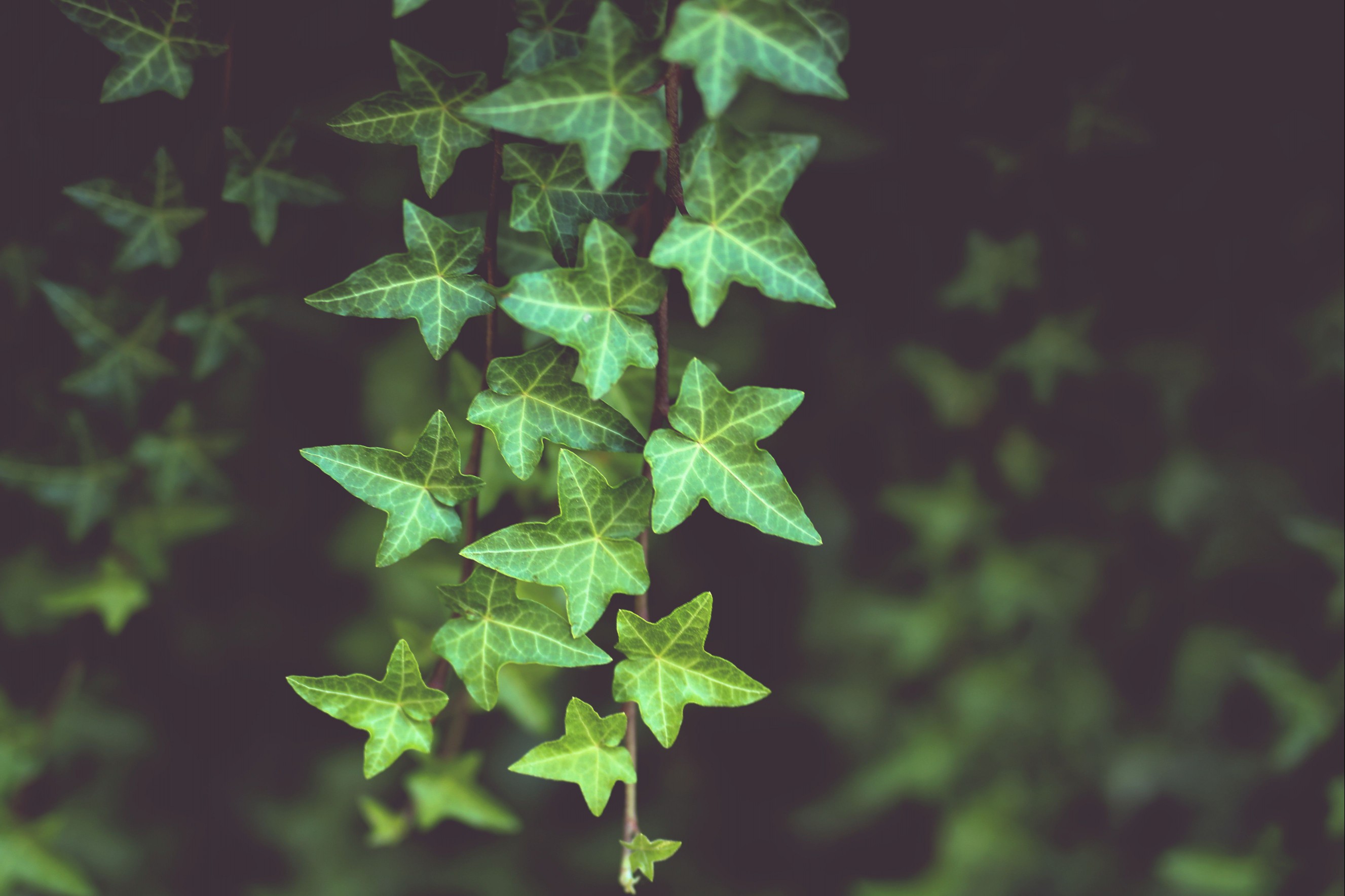
Andy Miller / Getty Images
Lush, green ivy is a popular decoration in many homes. While it does add a beautiful accent to a room, several types of ivy—including the common English ivy—can be deadly to any pet birds who share your home. It can cause gastrointestinal issues such as vomiting, abdominal pain and diarrhea as well as hypersalivation.
Continue to 5 of 10 below05 of 10Lilies
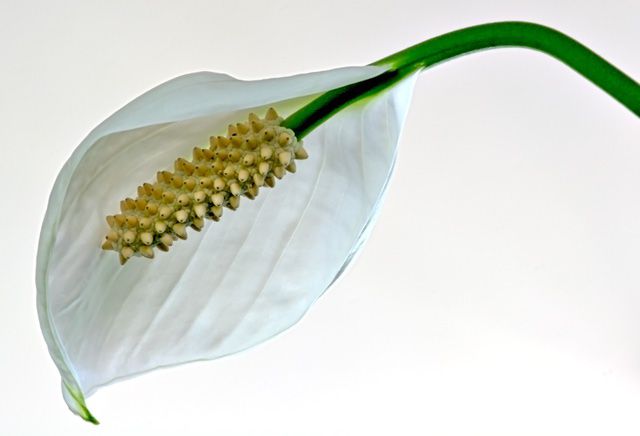
chefranden / photopin / CC
There are many types of lilies, all beautiful and popular in floral arrangements. But bird owners should remove any lilies—including peace lilies—from the areas where their pets reside. Lillies can cause severe irritation to a bird's mouth, excess salivation, and gastrointestinal signs like vomiting.
06 of 10Mistletoe
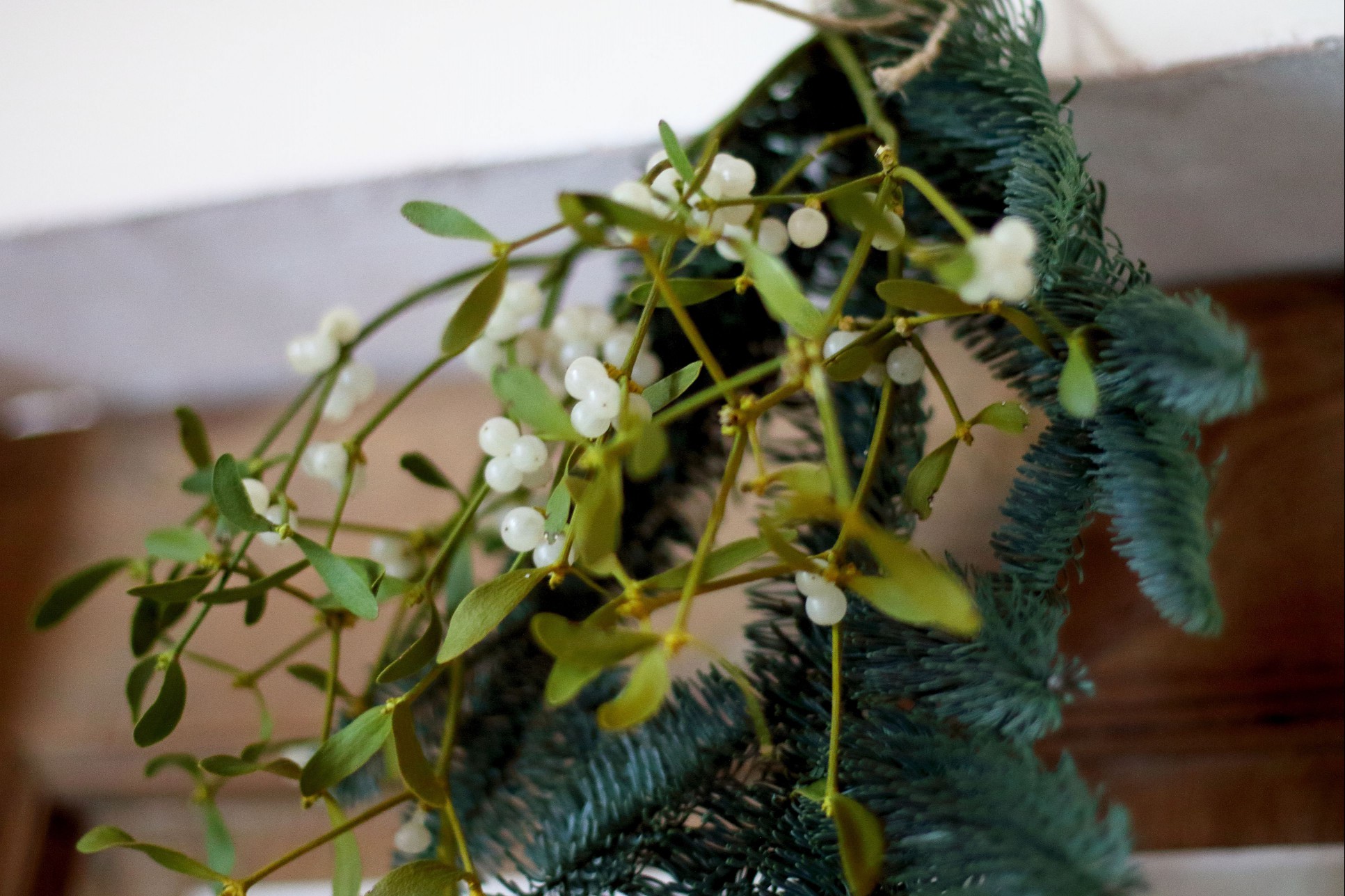
Chiara Benelli / Getty Images
Another popular holiday plant, mistletoe also can be deadly to pet birds. All parts of the plant can cause mild to moderate gastrointestinal upset, including vomiting, diarrhea, weakness/depression, and anorexia if birds ingest it.
07 of 10Morning Glory
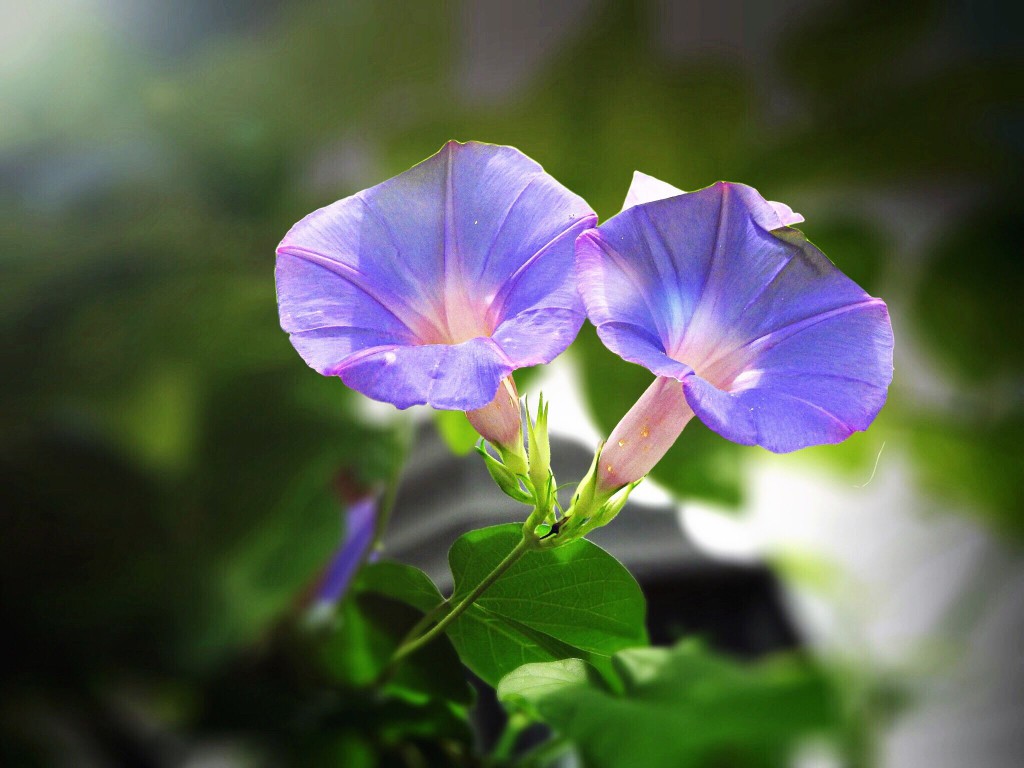
Mai Ermin / Getty Images
The beautiful flowers of this popular vine are pleasant to look at, but it poses a serious threat to your pet bird's health. Be especially careful if you acquire morning glory seeds for planting, as they contain a dangerous chemical similar to LSD.
08 of 10Philodendron
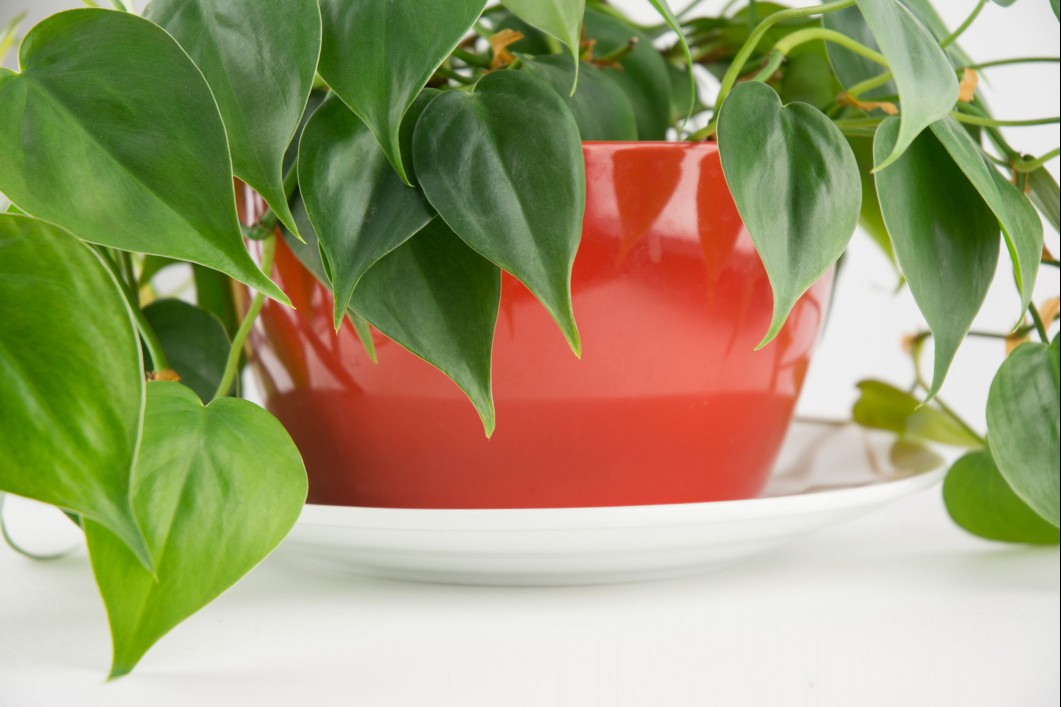
Rfisher27 / Getty Images
Philodendrons are common houseplants whose foliage can add a jungle vibe to your home, but they're not safe for birds. All parts of the plant are toxic and can cause serious irritation to a bird's mouth, difficulty swallowing and breathing, and vomiting, among other symptoms. If large amounts are ingested, it can even lead to coma and death.
Continue to 9 of 10 below09 of 10Poinsettia
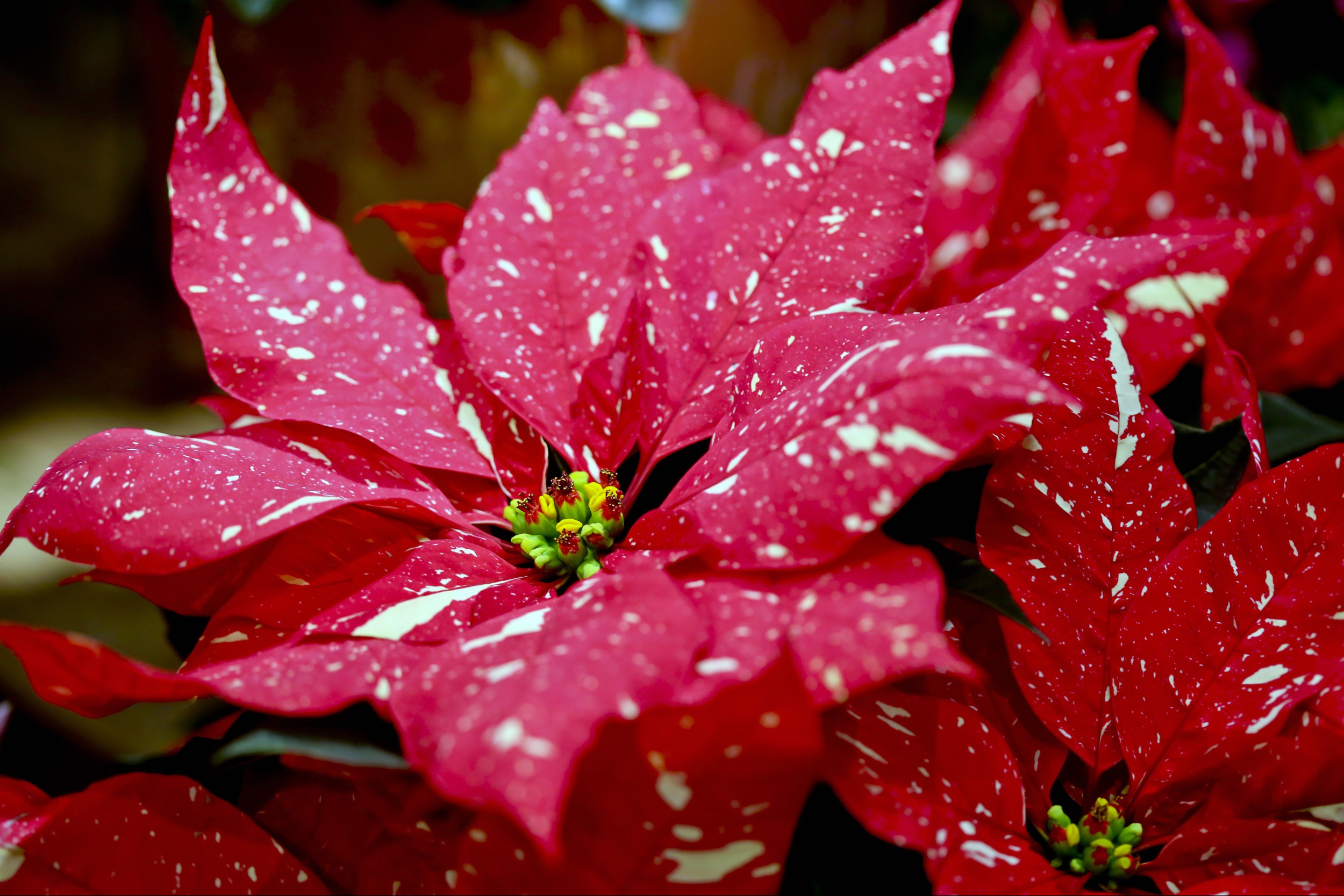
DigiPub / Getty Images
These beautiful plants are often the centerpiece of holiday festivities. But if you own birds, you might want to opt for a safer decoration. Poinsettias not only are poisonous to birds—causing gastrointestinal issues, blistering, excess salivation, skin irritation, and other serious health problems—but they can make other pets and people sick, too.
10 of 10class="comp sources mntl-block">Shamrock
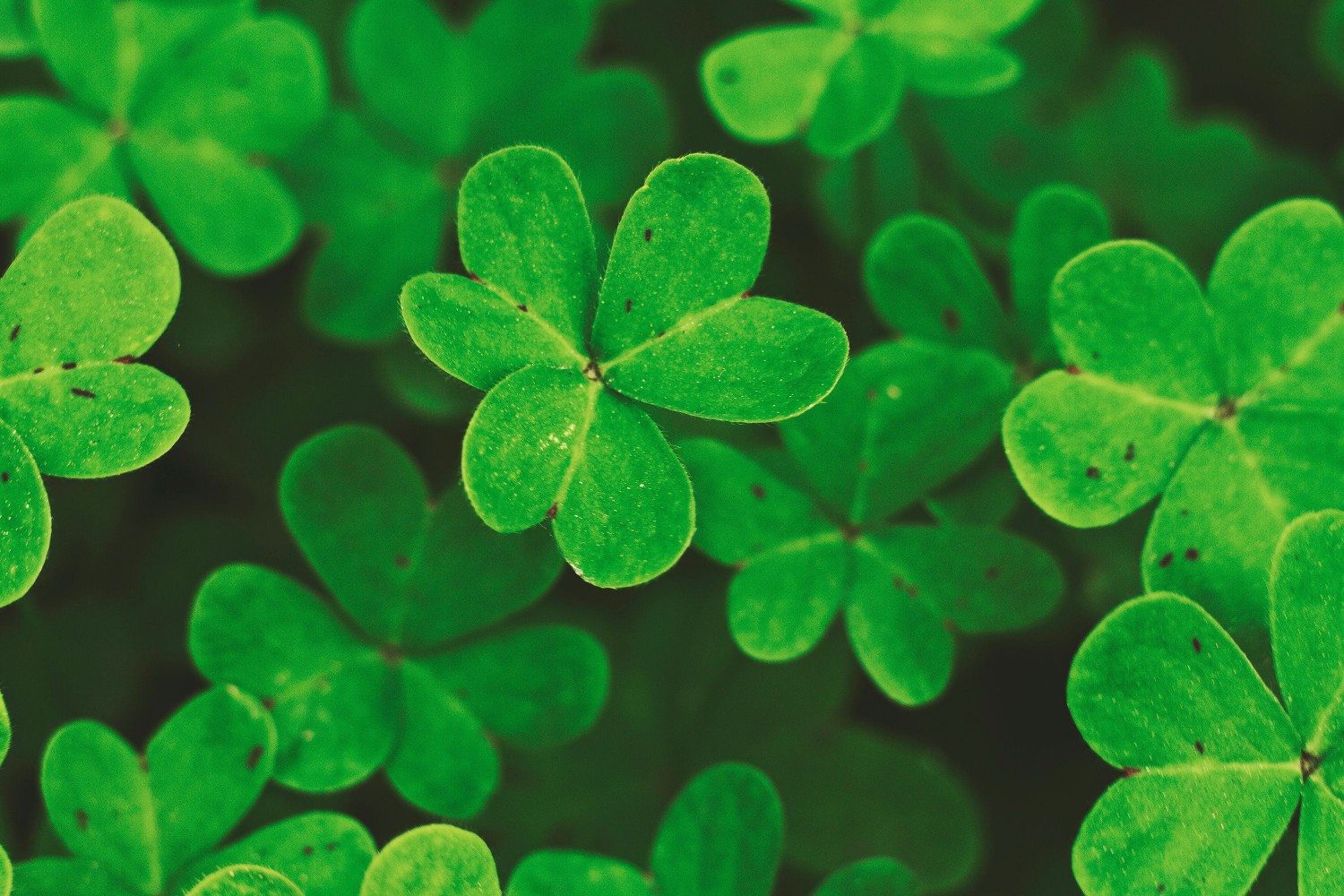
Unsplash
You might think having a shamrock plant will bring a little luck into your home—but not for your bird. These houseplants are highly toxic to birds, along with cats, dogs, and other animals. They can cause tremors and excessive salivation, among other health issues.
If you suspect your pet is sick, call your vet immediately. For health-related questions, always consult your veterinarian, as they have examined your pet, know the pet's health history, and can make the best recommendations for your pet.
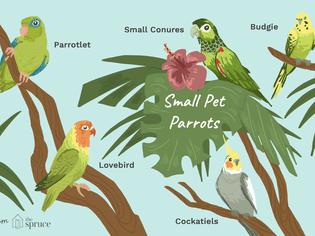
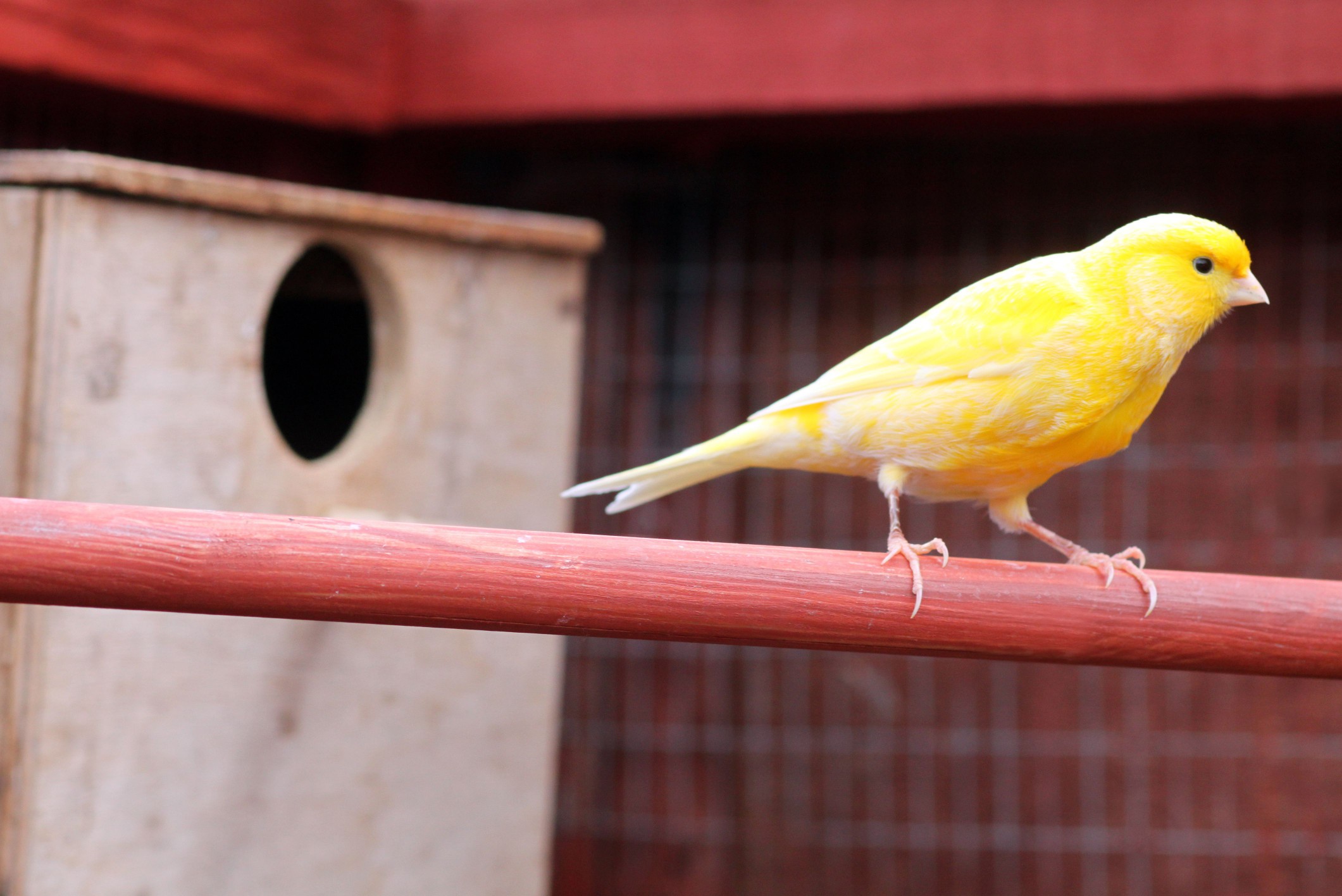
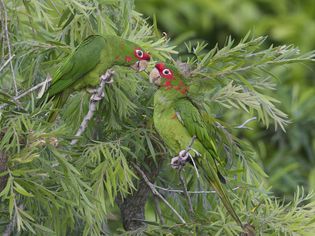
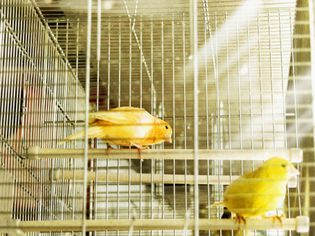
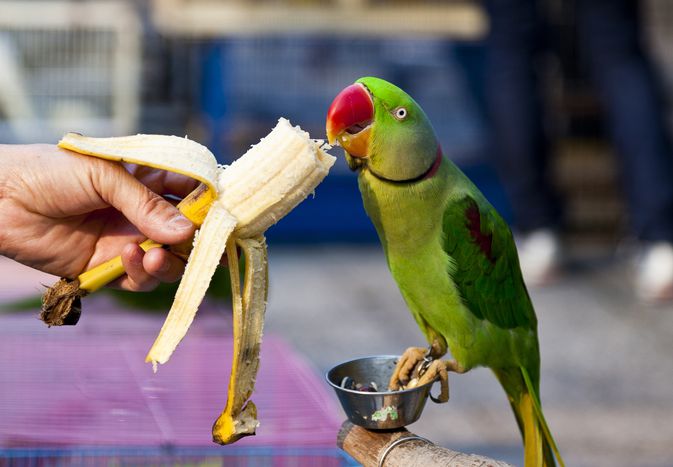
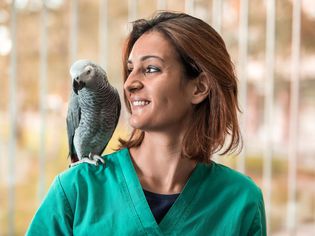
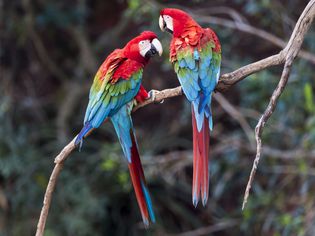
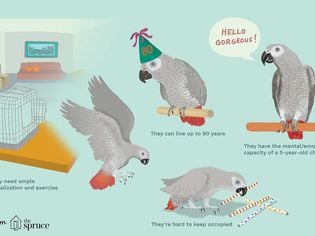
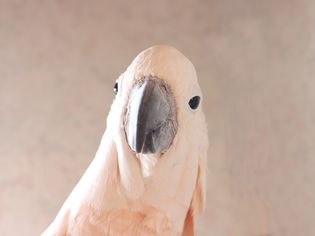
Comments on "10 Common Plants That Are Toxic to Birds" :